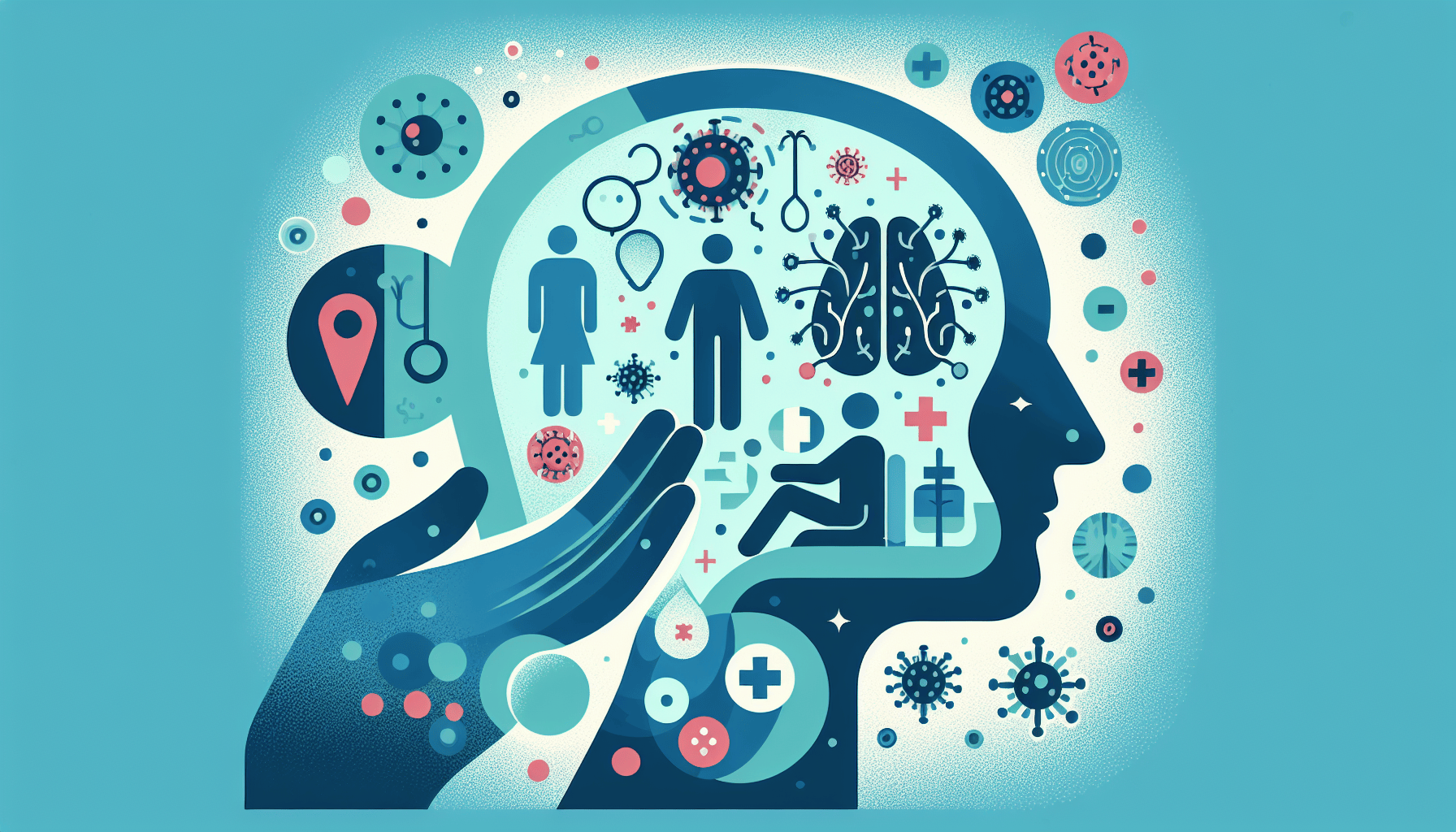Utah Becomes the First State to Let AI Handle Prescription Refills
Utah just made history: it's the first US state to let an AI system renew prescriptions on its own. The program covers people who are already taking medications for [...]
Read More
Medically reviewed by Oghenefejiro Okifo | MD, Harvard Medical School | Henry Ford Hospital - Detroit, MI on September 7th, 2023.
Meningitis is a rare but serious infection that affects the delicate membranes (meninges) covering the brain and spinal cord. While it can affect anyone, certain age groups and individuals with specific medical conditions are at a higher risk. In this article, we'll explore the different types of meningitis, their symptoms, causes, and treatment options, as well as ways to prevent this potentially life-threatening condition.
There are several types of meningitis, each caused by different factors:
Bacterial meningitis: Caused by bacteria such as Streptococcus pneumoniae, Neisseria meningitidis, and Listeria monocytogenes. This type is extremely serious and requires immediate medical attention.
Viral meningitis: Caused by various viruses, including enteroviruses, herpes simplex virus, and mumps virus. This type is more common and generally less severe than bacterial meningitis.
Fungal meningitis: Caused by fungi such as Cryptococcus, Histoplasma, and Blastomyces. This type is rare and usually affects people with weakened immune systems.
Parasitic meningitis: Caused by parasites that typically affect animals. This type is rare and can be contracted by consuming infected animals or contaminated food.
Amoebic meningitis: Caused by a single-celled organism called Naegleria fowleri, which lives in warm freshwater. This type is rare but often fatal.

Meningitis symptoms can develop within hours or days and may vary depending on age. Common signs to watch for include:
Fever
Severe headache
Stiff neck
Sensitivity to light
Confusion
Nausea and vomiting
Lack of appetite and thirst
Sleepiness or difficulty waking up
In infants, additional symptoms may include high fever, constant crying, stiff body, bulging soft spot on the head, and poor feeding.
A distinctive rash can be a sign of meningococcal meningitis. The rash may start as small red pinpricks (petechial rash) and progress to larger red or purple splotches (purpuric rash). If you suspect meningitis and notice a rash, seek immediate medical help.
While anyone can get meningitis, some age groups and individuals with certain medical conditions are at a higher risk. These include:
Children under 5
Teenagers and young adults aged 16-25
Adults older than 55
People with damaged or missing spleens, long-term diseases, or immune system disorders
Meningitis is typically caused by bacterial or viral infections that begin elsewhere in the body, such as the ears, sinuses, or throat. Less common causes include autoimmune disorders, cancer medications, syphilis, and tuberculosis.
If your doctor suspects meningitis, they will perform a physical exam and order tests such as blood tests, CT or MRI scans, and a spinal tap to confirm the diagnosis and identify the cause.
Treatment depends on the type of meningitis:
Bacterial meningitis: Requires immediate treatment with antibiotics and possibly corticosteroids to reduce inflammation.
Viral meningitis: Usually resolves on its own, but antiviral medication may be prescribed for certain viruses.
Fungal meningitis: Treated with antifungal medications.
To prevent meningitis, take steps to avoid infections that can lead to the condition:
Wash your hands frequently and thoroughly
Don't share personal items like toothbrushes, eating utensils, or drinks
Cover your mouth and nose when coughing or sneezing
Stay healthy by maintaining a balanced diet, exercising regularly, and getting enough sleep
Get vaccinated against diseases that can cause meningitis, such as the flu, pneumonia, and meningococcal meningitis
In conclusion, meningitis is a serious condition that requires prompt medical attention. By understanding the symptoms, causes, and prevention methods, you can help protect yourself and your loved ones from this potentially life-threatening infection. If you suspect meningitis, seek medical help immediately.
For more information on meningitis, visit:
This infection progresses so rapidly that antibiotic treatment must begin within the first few hours of symptom onset to prevent permanent brain damage or death. Anyone with sudden severe headache, fever, and neck stiffness needs immediate emergency evaluation. If you're experiencing concerning symptoms or have questions about vaccination, Doctronic can provide quick guidance on next steps.
Utah just made history: it's the first US state to let an AI system renew prescriptions on its own. The program covers people who are already taking medications for [...]
Read MoreUnderstanding Mounjaro and Its UsesMounjaro is a prescription medication commonly prescribed for managing type 2 diabetes. It belongs to a class of drugs that help regulate [...]
Read MoreUnderstanding Hydrocortisone Uses and DosagesHydrocortisone is a versatile medication primarily used to reduce inflammation and suppress the immune system in various [...]
Read More